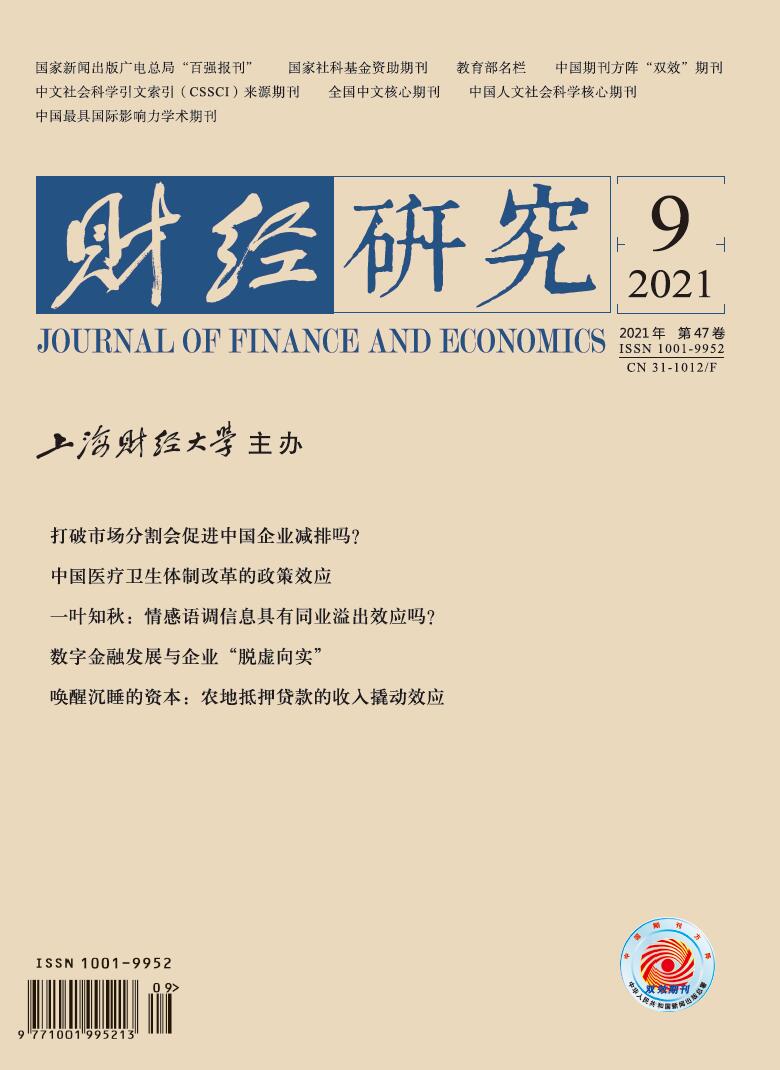As China’s capital market reform enters the deep-water zone, strengthening the role of security analysts is an excellent way to alleviate the contradiction between the sharply increased market specialization level and the backward literacy of investors. At the same time, unilateralism is on the rise, and the Chinese government has set the “domestic circulation” development strategy. In this dual context, this paper mainly discusses how the production network reflecting the domestic circulation affects the accuracy of analysts’ earnings forecasts.
Based on the earnings forecast of listed companies released by security analysts during 2007-2018 and industry input-output data, this paper explores the impact of production networks on analysts’ earnings forecasts. It is found that the production network has an information spillover effect on analysts’ earnings forecasts. That is, when the industry of analyst-following companies is closely related in the production network, the deviation of the earnings forecast issued by analyst-following companies is lower. After measuring primary and secondary industries by tracking ratio, it is found that the spillover direction is from primary to secondary. The mitigating effect of production network correlation and its spillover effect on the information asymmetry at the industry and firm levels faced by analysts provide a specific explanation for the reduction of forecast bias. In addition, the cross-sectional analysis based on industrial policy shows that the marginal effect of production network correlation on analysts’ forecasts is more obvious in non-key supporting industries. Further analysis shows that the role of production network correlation analyst is effective, which promotes the integration of specific production network information into stock prices and reduces the synchronization between the firm and the market portfolio. After classifying the information hierarchy, it is found that analysts mainly increase the interpretation intensity of information at the industry level.
The marginal contribution of this paper lies in that: It enriches the relevant literature on the quality of analysts’ earnings forecasts from the industry perspective, and highlights the importance of industry correlation that may have been neglected in the early stage. Different from the micro-perspectives of suppliers and customers, this paper extends the information spillover of industrial chain to the multi-dimensional production network, and enriches the research on industry association from the perspective of network. On the practical level, from the perspective of the inter-industry input-output that forms the domestic circulation, the emphasis on the role of production network and analysts is of certain practical significance for improving the efficiency of market information and promoting the professional reform.






 6292
6292  6709
6709

